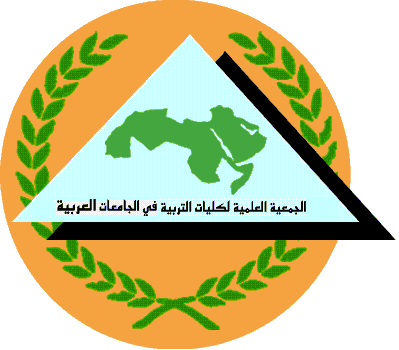Association of Arab Universities Journal for Education and Psychology

Abstract
هدفت هذه الدراسة إلى التعرف على أثر استخدام التلمذة المعرفية في تدريس الفيزياء في التحصيل وتنمية مهارات الإدراك الفوقي لدى طلاب المرحلة الثانوية. وتكونت عينة الدراسة من (51) طالباً من طلاب الصف الثاني الثانوي في مدينة الطائف، تم توزيعهم عشوائياً إلى مجموعتين، ضابطة درست مادة الفيزياء بالطريقة الاعتيادية، وتجريبية درست المادة نفسها باستخدام التلمذة المعرفية.
وللإجابة عن أسئلة الدراسة، استخدمت الدراسة الأدوات الآتية: اختبار التحصيل العلمي، ومقياس مهارات الإدراك الفوقي. وتم التأكد من صدقها وثباتها، كما استخدمت اختبار (ت) لتحليل نتائج طلاب مجموعتي الدراسة على أداتي الدراسة، وقد أظهرت النتائج وجود فرق ذي دلالة إحصائية عند مستوى (α=0.05) بين المتوسطين الحسابيين لدرجات طلاب عينة الدراسة في المجموعتين التجريبية والضابطة على الاختبار التحصيلي ولصالح طلاب المجموعة التجريبية.
كما أظهرت النتائج أيضاً وجود فروق ذات دلالة إحصائية عند مستوى (α=0.05) بين المتوسطات الحسابية لدرجات طلاب عينة الدراسة في المجموعتين التجريبية والضابطة على مقياس مهارات الإدراك الفوقي الكلي، وكل مهارة من مهاراته، وهذه الفروق لصالح طلاب المجموعة التجريبية.
The study aims at investigating the effect of using cognitive apprenticeship in teaching physics on achievement and developing the Metacognitive Skills Among secondary stage students. The sample of the study consisted of (51) students of the 2nd grade of secondary stage in the Taif City. They were randomly divided into two groups, a controlled group and an experimental group. The controlled group studied the physics course traditionally, while the experimental group studied the same course using cognitive apprenticeship.
The following study tools were used to collect data: achievement test, Metacognitive Skills scale. The validity and reliability of the tests were confirmed. In analyzing the results of the two groups, (t-test) was used. The results showed statistically significant differences at (α = 0.05) in the mean of the students' study sample grades of the two groups on achievement test, and in favor of the experimental group students.
The results also showed statistically significant differences at (α=0.05) in the mean of the students' study sample grades of the two groups on Metacognitive Skills scale, and in favor of the experimental group students
Recommended Citation
السلامات, محمد خير محمود
(2022)
"أثر استخدام التلمذة المعرفية في تدريس الفيزياء على التحصيل وتنمية مهارات الإدراك الفوقي لدى طلاب المرحلة الثانوية. The Effect of Using Cognitive Apprenticeship in Teaching physics on Achievement and Developing the Metacognitive Skills Among Secondary Stage Students,"
Association of Arab Universities Journal for Education and Psychology: Vol. 16:
Iss.
2, Article 5.
Available at:
https://digitalcommons.aaru.edu.jo/aaru_jep/vol16/iss2/5

